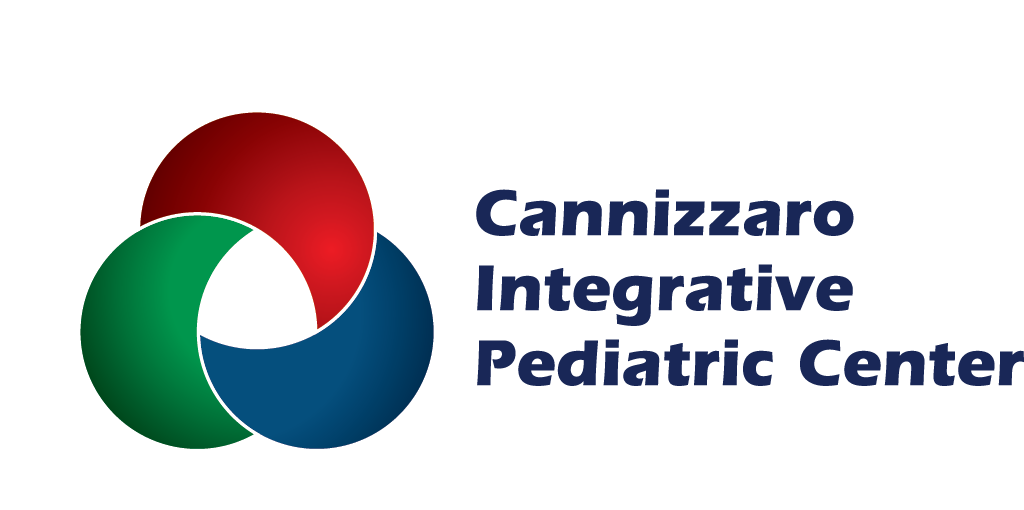
Who would have thought on New Year’s Eve 2019 that we were ushering in the most harrowing and bizarre year that most of us have ever lived through? The year 2020 has had us guessing from almost the very start. Though each of us has been affected in some way, our experiences and responses have been unique. Same storm, different ships. This tumultuous year has forced us to make many changes and closely examine many aspects of our lives—sometimes with us kicking and screaming.
An uptick in depression and other mental disorders has been just one news item this year. No small part of this development is due to the appearance of the novel virus, COVID-19. The perfect storm of isolation, uncertainty and instability has undoubtedly contributed to the latest statistics. If you were already suffering from depression, your situation may have worsened. And if you aren’t vigilant, depression can take you by surprise.
What Causes Depression?
Depression is usually characterized by “not feeling like yourself” or feeling lost, but not necessarily being able to identify the cause of these feelings. Unless it’s a true chemical depression due to neurotransmitter imbalances or genetics, depression is usually related to an underlying loss. You may even be startled when you realize that you’ve been feeling depressed for a while. A trained mental health practitioner can help you connect the dots, because depression can almost always be traced back to a loss that you just haven’t associated with your feelings yet.
Of course, during COVID, there has been the loss of loved ones, the physical loss of contact with other people and the loss of social and work interaction. There has been loss of income and stability and even the loss of private time because kids are stuck at home. But depression can also come from surprising places, like a loss of hope for the future. You can even suffer the loss of your routine—and the effects of COVID are anything but routine!
How Can We Relieve Depression?
Since a key symptom of depression is lack of interest, those afflicted by it may not be motivated to take the steps necessary to relieve it. These steps include getting outdoors, whether it’s a bike ride, a walk or sitting at the beach. While it’s hot outside, rediscovering favorite music may help.
Keeping a routine helps provide structure and is something you can control. If you don’t have kids going to school or practice, or you don’t have to leave for work at a certain time, it’s too easy to let your routine slide. Instead, maintain your schedule vigilantly. Have a wake-up time, mealtime, clean up your house time, homework time, family time and bedtime. A random sleep schedule throws off the body’s circadian rhythms, which only makes depression worse—or more likely to take hold. Even if you’re living alone, structure matters. For example, schedule Tuesdays for laundry, Fridays for dusting and mopping and Saturdays for sitting and looking at the ocean.
Post-COVID, family time is even more important than ever. Parents struggling to limit their kids’ time “plugged in” to electronics find themselves at even more of a loss, now that school is at least partially online and extracurricular activities have been curtailed. Crafts, games and other activities are essential and doable, even on a budget. The internet is a treasure trove of information if used for good, so skip the endless arguing on social media and zero-in on fun stuff to do! In a family, if the parents aren’t doing well, the kids will do worse. And vice-versa. So, keep an eye on your family dynamics to keep everyone in good mental health.
Addressing Missed Milestones
Some of the most triggering events for depression this year may very well be the non-events—milestones we’ve been forced to miss: birthday, graduation and anniversary celebrations, school dances, family traditions and special once-in-a-lifetime trips with elderly family members.
Missing milestones just plain stinks, but resilience is necessary (and healthy) in this world. Quickly addressing terrible disappointments and shifting our mindset about them goes a long way towards preserving mental health and happiness in the long term.
For example, if your child is upset about missing her graduation ceremony, you can first validate her feelings and then empathize with them: “It’s really hard to miss out on something you’ve worked so hard for and have been looking forward to. You must be feeling so disappointed and angry.”
Then, reframe the situation and replace it with hope for the future: “I wonder if we can focus not on what you didn’t get, but what you DO have now—nothing can take away your achievement! There are so many more years to look forward to. Let’s start planning something now, for when this is all over.” Even adults can do this exercise for themselves in order to defray feelings of loss and keep depression from creeping in.
If there’s one thing 2020 has taught us, it’s that life is unpredictable and the only thing we have control over is our response to what happens to us. Let’s make sure it is a healthy response!
A special thanks to Sharon R. Thetford, Psy.D., founder of New Objectives Psychology, Counseling & Neurofeedback Center, for her contribution to this article.
 Joseph Cannizzaro, MD has been practicing pediatrics in Central Florida for over 40 years and is medical director of the salt therapy facility in his practice. As a classically-trained primary care physician who practices functional integrative medicine, Dr. Cannizzaro believes that integrative medicine can bring conventional and complementary healing modalities together, creating a highly personalized and high-touch healing environment. Call the Cannizzaro Integrative Pediatric Center at 321-280-5867 for a meet and greet or to book a session at The Salt Room® Longwood. www.MyCIPC.com
Joseph Cannizzaro, MD has been practicing pediatrics in Central Florida for over 40 years and is medical director of the salt therapy facility in his practice. As a classically-trained primary care physician who practices functional integrative medicine, Dr. Cannizzaro believes that integrative medicine can bring conventional and complementary healing modalities together, creating a highly personalized and high-touch healing environment. Call the Cannizzaro Integrative Pediatric Center at 321-280-5867 for a meet and greet or to book a session at The Salt Room® Longwood. www.MyCIPC.com





